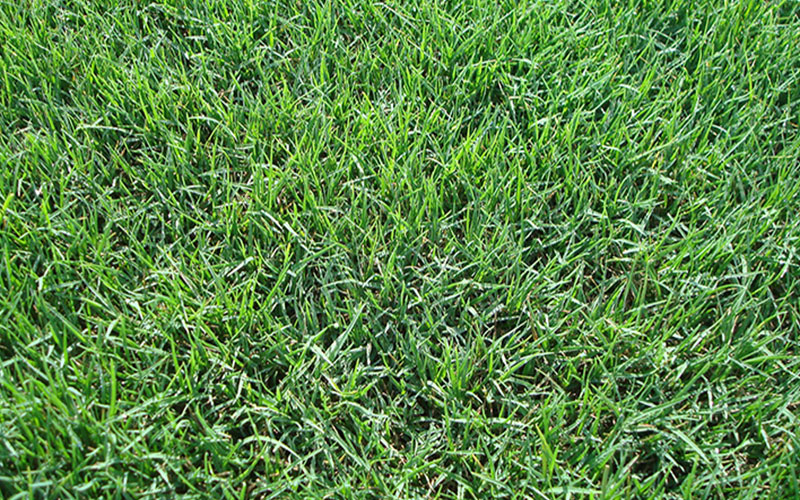Explore The BERMUDA SOD

Common Bermuda grass is drought resistant, grows on many soils, and makes a good turf if fertilized and mowed right. Common Bermuda grass produces many unsightly seed heads, but in spite of this fault, it frequently is used on home lawns due to the ease and economy of establishment. Bermuda grass is also a major turf species for sports fields, parks, golf courses, and general utility turfs.
Learn More About BERMUDA SOD
Grass Watering
It is found in over 100 countries throughout the tropical and subtropical areas of the world. Bermuda grass produces a vigorous, medium green, dense turf that is well adapted to most soils and climates found in Florida. Bermuda grass has excellent wear, drought, and salt tolerance.
An established Bermuda grass turf should be watered as needed. Irrigation is needed when leaf blades begin to fold up, to actually wilt, to turn blue-gray in color, or when footprints remain visible after walking on the grass.
Apply ¾ to 1 inch of water per application. This will apply water to roughly the top 8 inches of soil, where the majority of the roots are. To determine how much water a sprinkler system is providing, place several coffee cans throughout the irrigation zones to find out how long it takes to apply this amount of water. This is how long your irrigation system should run for each application.
An established Bermuda grass turf should be watered as needed. Irrigation is needed when leaf blades begin to fold up, to actually wilt, to turn blue-gray in color, or when footprints remain visible after walking on the grass.
Apply ¾ to 1 inch of water per application. This will apply water to roughly the top 8 inches of soil, where the majority of the roots are. To determine how much water a sprinkler system is providing, place several coffee cans throughout the irrigation zones to find out how long it takes to apply this amount of water. This is how long your irrigation system should run for each application.
Nutrient Management
Proper fertilization is very important for sustaining a healthy lawn. Fertilization and other cultural practices influence the overall health and quality of the lawn and reduce its vulnerability to numerous stresses, including weeds, insects, and disease.
It is very important that anyone fertilizing their lawn be familiar with and follows the Florida-Friendly Landscaping
It is very important that anyone fertilizing their lawn be familiar with and follows the Florida-Friendly Landscaping
Mowing Tip
Proper mowing practices are necessary to keep any lawn healthy and attractive. Both height and frequency of cut need to be adjusted for the level of turf management and season of the year.
Under low to moderate levels of management, Bermuda grass should be cut at a height of ¾ to 1½ inches, which may require mowing one to three times per week. Common Bermuda grass should be mowed at the highest recommended heights.
This will help the grass develop a deep root system and give it a better appearance. Under higher levels of management, Bermuda grass can be maintained at a height of ½ inch if the turf is mowed daily during the growing season.
Under low to moderate levels of management, Bermuda grass should be cut at a height of ¾ to 1½ inches, which may require mowing one to three times per week. Common Bermuda grass should be mowed at the highest recommended heights.
This will help the grass develop a deep root system and give it a better appearance. Under higher levels of management, Bermuda grass can be maintained at a height of ½ inch if the turf is mowed daily during the growing season.

